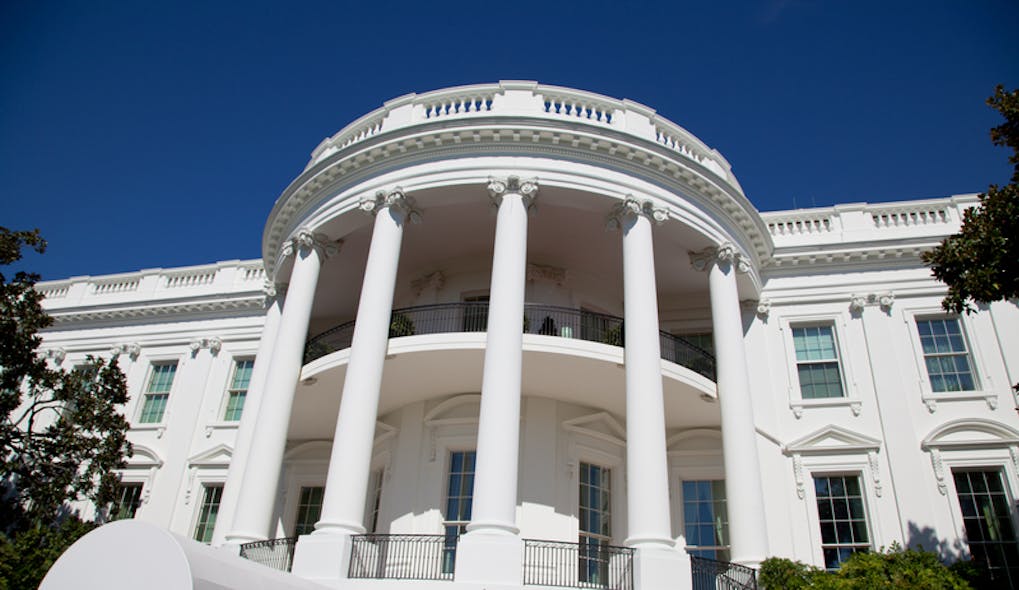

At a time when everything in healthcare policy is complex and challenging, the set of announcements around the Medicare Shared Savings Program (MSSP) published on Tuesday, Nov. 1, was interesting and potentially very important. As we reported on Tuesday after the news broke, senior officials at the Centers for Medicare & Medicaid Services (CMS) announced, in the context of the calendar year 2023 Physician Fee Schedule (PFS) final rule, that they were making several adjustments to the benchmarks embedded in the MSSP Program.
As we noted in our breaking-news report on Tuesday afternoon, “The changes will impact how the leaders of accountable care organizations (ACOs) participate in the program going forward. CMS officials explained their changes to the MSSP in a fact sheet posted to the agency’s website on Tuesday,” we wrote. In fact, the fact sheet began thus: “On November 01, 2022, the Centers for Medicare & Medicaid Services (CMS) issued the Calendar Year (CY) 2023 Physician Fee Schedule (PFS) final rule that includes changes to the Medicare Shared Savings Program (Shared Savings Program) to advance CMS’ overall value-based care strategy of growth, alignment, and equity. Through the changes we finalized,” CMS officials wrote, “we seek to reverse certain recent trends in the Shared Savings Program: in recent years growth in the number of beneficiaries assigned to ACOs in the Shared Savings Program has plateaued; higher spending populations are increasingly underrepresented in the program since the change to regionally-adjusted benchmarks; and access to ACOs appears inequitable as shown by data indicating that Black (or African American), Hispanic, Asian/Pacific Islander, and American Indian/Alaska Native beneficiaries are less likely to be assigned to a Shared Savings Program ACO than their Non-Hispanic White counterparts.”